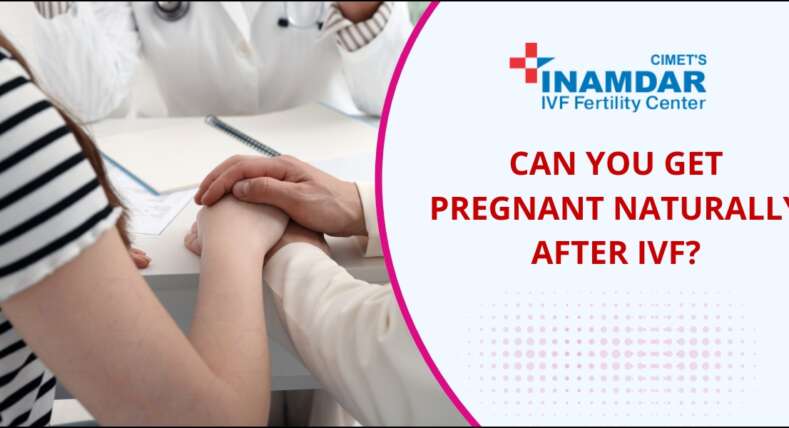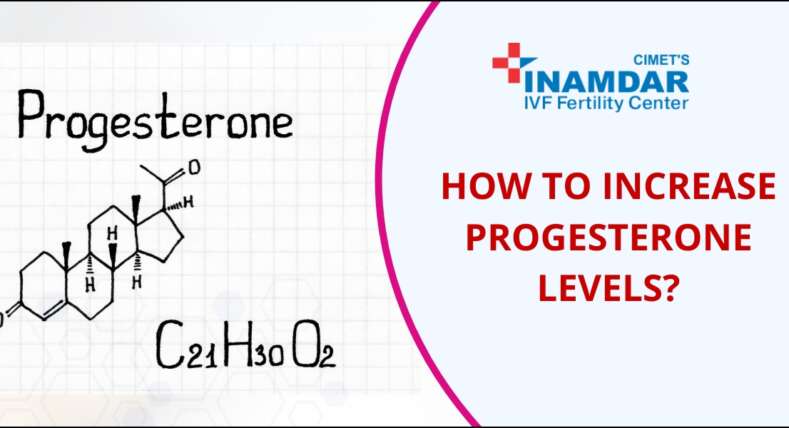When Should Couple Go For an IVF ?
In today’s fast-paced world, fertility challenges have become more common than ever before. Many couples find themselves grappling with the question of when they should consider IVF (In Vitro Fertilization) as a viable option for building their family. This is a highly personal decision, but several factors can help guide couples toward the right time to begin their IVF journey.
Understanding IVF: A Brief Overview
IVF, or In Vitro Fertilization, is a form of assisted reproductive technology (ART) used to help couples with fertility challenges conceive a child. The process involves retrieving eggs from a woman’s ovaries, fertilizing them with sperm in a laboratory, and transferring the resulting embryos into the uterus. While IVF can offer hope to many couples, it’s important to recognize that it is not the first step in treating infertility but often a solution after other methods have been tried.
Signs That It’s Time to Consider IVF
Certain medical and situational indicators suggest a couple might need to move forward with IVF. Here are the most common signs that indicate IVF could be the next step for couples struggling with fertility.
1. Difficulty Conceiving Naturally After a Year
One of the primary indicators that a couple may need to consider IVF is the inability to conceive naturally after one year of trying. For couples under the age of 35, fertility experts recommend trying to conceive naturally for at least 12 months. If pregnancy has not occurred by then, it may be time to consult a fertility specialist. For women aged 35 and above, the timeframe is shorter—typically six months—due to the decline in fertility with age.
2. Blocked or Damaged Fallopian Tubes
For women with blocked or damaged fallopian tubes, IVF may be the only option for achieving pregnancy. The fallopian tubes play a critical role in natural conception by allowing the egg and sperm to meet and fertilize. When these tubes are blocked or damaged, this natural process cannot occur. In such cases, IVF bypasses the fallopian tubes altogether, offering a direct route to conception.
3. Male Factor Infertility
In some cases, the challenge in conceiving lies with the male partner. Male factor infertility includes conditions such as low sperm count, poor sperm motility, or abnormalities in sperm shape. IVF, often in conjunction with Intracytoplasmic Sperm Injection (ICSI), can help overcome these challenges. ICSI involves injecting a single sperm directly into the egg, increasing the chances of successful fertilization.
4. Endometriosis
Endometriosis is a condition in which tissue similar to the lining of the uterus grows outside of the uterus, causing pain and infertility. For women with moderate to severe endometriosis who have been unable to conceive naturally, IVF is often recommended as the best course of action. IVF can help by ensuring that the fertilization process takes place outside the body, circumventing the impact of endometriosis on the reproductive organs.
5. Unexplained Infertility
Sometimes, despite thorough medical evaluations, no clear cause for infertility can be identified. Unexplained infertility is frustrating for couples, as it offers no obvious path forward. In these cases, IVF is often the next step, providing a controlled environment for fertilization to occur. Many couples with unexplained infertility find success through IVF after other fertility treatments have failed.
6. Advanced Maternal Age
Women are born with a finite number of eggs, and fertility declines significantly after the age of 35. For women who are approaching or over the age of 40, IVF may be recommended as a first-line treatment to maximize the chances of conception. In some cases, couples may also choose to use donor eggs or donor embryos if the quality of the woman’s eggs has declined due to age.
7. Genetic Disorders
Couples who are at risk of passing on genetic disorders to their children may opt for IVF with Preimplantation Genetic Testing (PGT). This process involves screening embryos for genetic abnormalities before they are implanted in the uterus. By selecting only healthy embryos, IVF can significantly reduce the risk of passing on genetic conditions to future children.
8. Recurrent Pregnancy Loss
Experiencing multiple miscarriages can be emotionally devastating. Recurrent pregnancy loss may be due to various factors, including chromosomal abnormalities, hormonal imbalances, or structural issues within the uterus. IVF with PGT can help identify chromosomally normal embryos, thereby increasing the likelihood of a successful pregnancy.
9. Fertility Preservation Due to Cancer Treatment
Women and men who are about to undergo cancer treatment, such as chemotherapy or radiation, may opt for IVF as a way to preserve their fertility. Oncofertility, a branch of medicine that bridges oncology and reproductive science, offers patients the opportunity to freeze their eggs, sperm, or embryos before beginning cancer treatment. This ensures that they can still have biological children in the future.
Alternatives to IVF
Before jumping into IVF, it’s important to explore other less invasive and less costly treatments. Fertility medications, Intrauterine Insemination (IUI), and lifestyle changes are often recommended as first-line treatments for infertility. These alternatives can sometimes help couples conceive without the need for IVF.
When is the Right Time to Go for IVF?
The decision to pursue IVF is a deeply personal one and depends on a variety of factors, including medical history, age, financial readiness, and emotional preparedness. Couples should consult with a fertility specialist to determine whether IVF is the right choice for them, based on their unique circumstances. With modern advances in reproductive technology, IVF offers hope to couples facing fertility challenges, but it’s essential to go into the process fully informed and with realistic expectations.
Inamdar Hospital is recognized as one of the best IVF center in Pune, offering advanced fertility treatments with personalized care. Our expert team of fertility specialists uses state-of-the-art technology to help couples overcome infertility challenges and achieve their dream of starting a family.




